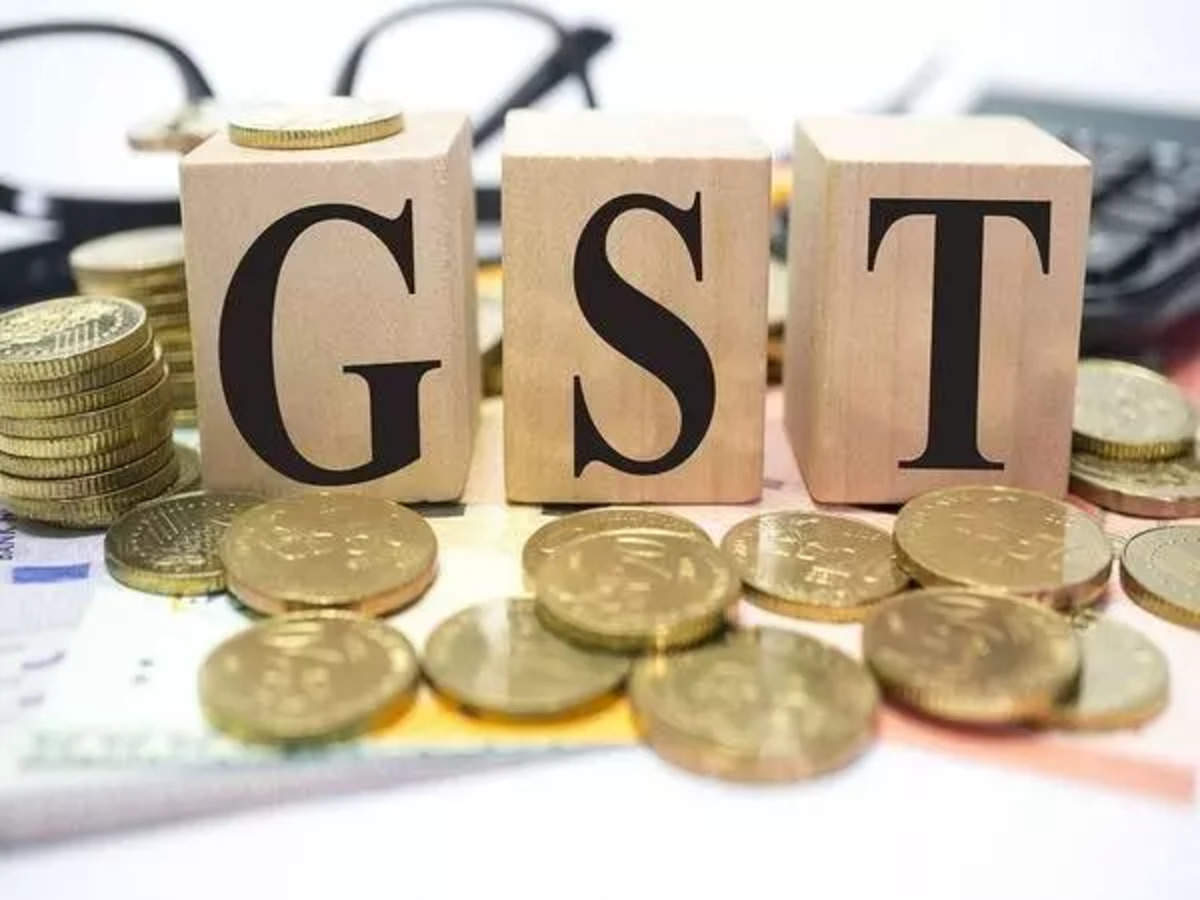What Is the Stock Market, and How Does It Work?
The stock market is like a marketplace where investors trade in various financial instruments like bonds, stocks, and other derivatives.
What Is the Stock Market?,and How Does It Work?
What Is the Stock Market?
The word "stock market" refers to a collection of exchanges across the world where shares of publicly traded firms can be purchased and sold. These kinds of financial dealings are transacted via conventional exchanges and over-the-counter (OTC) marketplaces, both of which are governed by a predetermined set of norms and are used interchangeably.
The terms "stock market" and "stock exchange" are frequently used synonymously with one another. Traders in the stock market will either purchase or sell shares of a company's stock on one or more of the stock exchanges that are a component of the larger stock market.
The leading Indian stock exchanges include the National Stock Exchange (NSE) and the Bombay Stock Exchange(BSE).
KEY TAKEAWAYS
- Stock markets are venues where buyers and sellers meet to exchange equity shares of public corporations.
- Stock markets are components of a free-market economy because they enable democratized access to investor trading and exchange of capital.
- Stock markets create efficient price discovery and efficient dealing.
- The Indian stock market is regulated by the Securities and Exchange Board of India (SEBI) and local regulatory bodies.
Introduction to the Indian Stock Market
The stock market is a major investment destination. The Bombay Stock Exchange (BSE) and the National Stock Exchange (NSE) are the two main stock markets in India. An initial public offering (IPO) is a company's first listing of its shares on a stock exchange. After that, these shares can be traded among investors on the secondary market.
Stocks worth INR 6,000,000,000.00 have been traded at times between the two Indian stock exchanges. Those who are unfamiliar with the share market in India may view investment in equities as a form of gambling.
Regulation of the Indian Stock Markets
The Securities and Exchange Board of India is in charge of enforcing the rules and maintaining order in the country's stock exchanges. As a separate agency with authority to perform stock exchange inspections, SEBI was established by the SEBI Act of 1992. The market's operations, as well as the structure and administration of the business, are inspected. SEBI's primary functions are:
· Ensuring a fair and equitable market for investors to grow in
· Compliance of the exchange organization, the system its practices in accordance with the rules framed under the Securities Contracts (Regulation) Act (SC(R) Act), 1956
· Ensure implementation of the guidelines and directions issued by the SEBI
· Check if the exchange has complied with all the conditions and has renewed the grants, if needed, under Section 4 of the SC(R) Act of 1956.
Types of Share Markets
There are two kinds of share markets namely the Primary and Secondary Markets.
Primary Share Market
In order to issue shares and raise capital, companies must first register with the primary market. Listing on a stock market is another name for this procedure. When a firm sells its shares to the public for the first time, it is called an Initial Public Offering (IPO) and enters the primary market to raise capital. The company will then be open to the public.
Secondary Market
Once the new securities are sold in the main market, the shares of a corporation are traded in the secondary market. Investors can get out by selling their stock at this time. Trades are the name given to these exchanges on the secondary market. Trading occurs when investors buy and sell among themselves at a predetermined price. A broker acts as a go-between in these exchanges.
How do the Share Markets work
Understanding the Stock Exchange Platform
Trading in stocks and other financial instruments like derivatives takes place on a stock market. The Securities and Exchange Board of India oversees all trading that takes place on this exchange. In order to trade on the stock market, players must first register with SEBI and the stock exchange. Brokering, corporate stock issuance, and similar activities are all considered trading activities.
Listing of the Company in the Secondary Market
In an Initial Public Offering, or IPO, a company's stock is sold to the public for the first time. Investors who put winning bids prior to the stock's listing receive a proportional allocation of the shares.
Trading in the Secondary Market
Once the company has been listed, stocks can be traded in the secondary market by the investors. This is the marketplace for the buyers and sellers to transact and make profits or in some cases, losses.
Stock Brokers
Because of the magnitude of investors who number in the thousands, it is difficult to have them assemble at one location. Therefore, to conduct trade, stockbrokers and brokerage firms come into the picture.
These are entities that are registered with the Stock Exchange and serve as intermediaries between the investors and the exchange itself. When you place an order to buy any share at a given rate, the broker processes it at the exchange where there are multiple parties involved.
Passing of your order
Your broker will submit your buy order to the exchange, where it will be paired with a sell order for the same security. When both the vendor and the buyer settle on a price and confirm the order, the transaction is complete.
Settlement
After you agree on a price, the exchange will double-check the particulars to make sure the deal goes through without a hitch. Settlement is the process by which the exchange officially transfers ownership of the shares. Once this occurs, you will be notified. The brokers' order desk, the exchange's floor traders, and others must all be in on this message's transmission.
Whereas settlement used to take weeks to materialize, it now occurs on T+2 days. If you make a deal today, the shares should appear in your Demat account by the end of the next business day. There are market dangers associated with investing in stocks. Seek professional advice before making any financial commitments. If you're looking for a mutual fund, ClearTax is the place to go to find one that fits your needs.






















